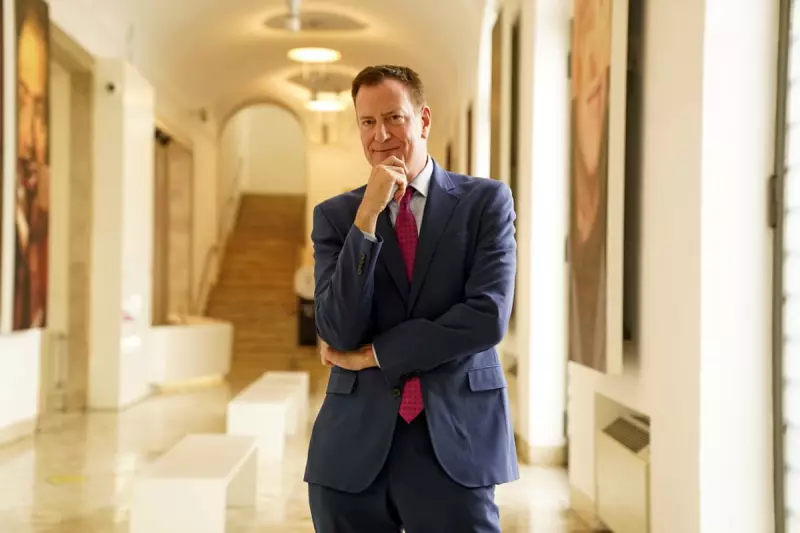
In a chilling demonstration of artificial intelligence's dark potential, a fabricated interview featuring former New York mayor Bill de Blasio has been circulating online, prompting urgent warnings from cybersecurity experts about the threat to democratic processes.
The Sophisticated Deception
The deepfake video, which surfaced earlier this week, shows a remarkably convincing digital replica of de Blasio making controversial political statements he never actually uttered. The fabrication was so advanced that it included realistic facial movements, voice patterns, and even characteristic gestures that made the fake interview appear genuine to unsuspecting viewers.
Election Security Experts Sound Alarm
Security specialists have described the incident as a wake-up call for election integrity worldwide. With multiple countries approaching critical electoral periods, the ability to create believable fake content featuring prominent political figures represents a significant threat to informed democratic discourse.
How the Fraud Was Uncovered
The deception began to unravel when journalists noticed subtle inconsistencies in the video's background and lighting. Digital forensic analysis later confirmed the content was entirely generated using advanced AI tools, marking one of the most sophisticated political deepfakes intercepted to date.
The Growing Threat of AI Misinformation
This incident highlights the rapidly evolving capability of artificial intelligence to create convincing fake media. Cybersecurity agencies now warn that such technology could be weaponised to:
- Spread false political statements during election campaigns
- Damage reputations of public figures
- Create confusion and undermine public trust in legitimate media
- Manipulate stock markets through fake executive statements
Protecting Against Future Deepfakes
Authorities are urging media organisations and social media platforms to implement more robust verification systems. The public is advised to be increasingly sceptical of surprising political content and to verify information through multiple trusted sources before sharing.
As AI technology continues to advance, experts stress that the battle against digital deception will require constant vigilance from both technology companies and an educated, critical-thinking public.





